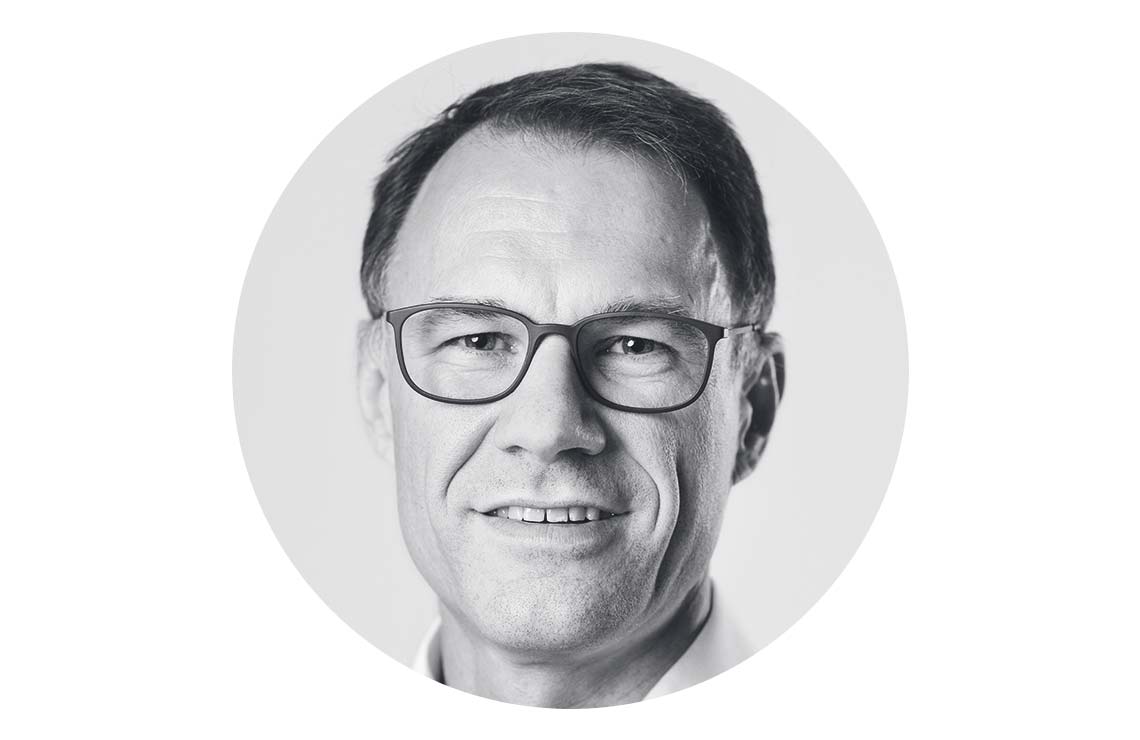Putting the purpose centre stage
The sustainability issues we currently face in society have become a meeting with destiny. Yet, we still talk about sustainability as a detached strategy. At Schibsted Nordic Marketplaces this has changed, and sustainability is at the very core.
By Christian Printzell Halvorsen

Putting the purpose centre stage
The sustainability issues we currently face in society have become a meeting with destiny. Yet, we still talk about sustainability as a detached strategy. At Schibsted Nordic Marketplaces this has changed, and sustainability is at the very core.
By Christian Printzell Halvorsen
The 21st century has brought with it a growing awareness of the environmental and social challenges hitting our planet. Climate change, resource depletion, inequality and environmental degradation are no longer distant concerns but rather pressing issues that demand immediate attention. The private sector plays a pivotal role in addressing these challenges, and the need for ambitious action has never been more urgent.
History has taught us that corporate sustainability is not a passing trend but an evolving imperative. As we look to the future, businesses that lead in sustainability will not only thrive economically but also contribute significantly to solving the vital challenges of our time.

Schibsted owns marketplaces in Finland, Norway, Sweden and Denmark.

Schibsted owns marketplaces in Finland, Norway, Sweden and Denmark.
A Transformation Journey
With this insight as a backdrop, Schibsted Nordic Marketplaces entered 2022 with another urgent matter in mind. We knew we needed to change – drastically. To future-proof our ability to align with user values, address global challenges, and champion sustainability, we had to transform our entire organisation and business.
That’s why, at the beginning of 2022, we transitioned away from our country-based organisation to create a verticalized Nordic Marketplaces. With this transformation, our different business areas (henceforth referred to as verticals) of recommerce, mobility, real estate, and jobs would finally be allowed to develop and grow individually, while sharing the same foundational resources.
For you as a user, this change would mean that you would still go to FINN, Blocket, Oikotie, DBA and our other brands to meet your needs – but your experience in doing so would improve significantly.
The Power of Verticalisation
A key rationale behind the decision to set our verticals free was that our users and customers have different needs that require different solutions. Verticalising is specialising, a way to meet user needs in the best possible way.
Before this bold move, a strategic decision made in one vertical would impact the direction of another. They depended on the same pool of resources. They had to coordinate their efforts and sometimes they had to wait for one another. We duplicated our efforts four times over in each country, depleting ourselves and depriving ourselves of opportunities. That dependency limited the verticals’ potential for individual growth. By verticalising and setting them free, we now give them unprecedented opportunities to develop in their own directions.
Our Social Responsibility
Clearly, there was a huge growth potential in strengthening our positions to increase our positive impact on our core stakeholders – our users, society, and the planet. Already from the get-go, we knew that this was the key purpose of our transformation. Schibsted Nordic Marketplaces has a unique position in society and a unique social responsibility. In this work, we were emboldened by our burning ambition – to empower people to make smart choices for themselves and future generations. Verticalising is a means to take our social responsibility seriously and move our important position forward – to manage and develop it – also in the future.
Sustainability at the Core
Rather than taking the classic route of mapping out a new organisational structure and new business strategies supporting our vertical transformation – we instead began our change journey by putting our purpose centre stage. All decisions, discussions, and priorities that took place after that pivotal moment were balanced and measured according to their potential to help us reach that purpose, that burning ambition. Sustainability was our starting point and our North Star.
As a result, sustainability became an integral part of not only the overall purpose, vision, structure, and business model of Nordic Marketplaces, but of all our new strategies and goals for our separate verticals as well.
For us, that means making sustainable alternatives and circular consumption the obvious choice and helping people access more while owning less. It means creating an inclusive job market where people’s skills are used optimally, and no talent is lost. Making smart and sustainable mobility choices the norm, reducing our footprint on the world, and finally, creating a fair and transparent real estate market.
The trends in corporate sustainability are ever-evolving, and companies must stay agile and innovative to remain at the forefront. Embracing circular economy principles, ensuring supply chain transparency, transitioning to renewable energy, and engaging in social impact initiatives are just some of the ways the business sector can continue to make a positive impact on the planet and society.
The success and relevance of companies in the 21st century hinge on their ability to champion sustainability, align with consumer values, and address global challenges. By doing so, these companies can not only thrive but also become catalysts for a more sustainable and equitable future. At the end of the day, sustainability is not just a strategy – it’s at the very core of our future success and the future of our planet.
[Sassy_Social_Share]

Christian Printzell Halvorsen
EVP Nordic Marketplaces,
eCommerce & Distribution, Schibsted
Years in Schibsted: 16
My favourite song the last decade: Gospel (with Eminem) – Dr. Dre